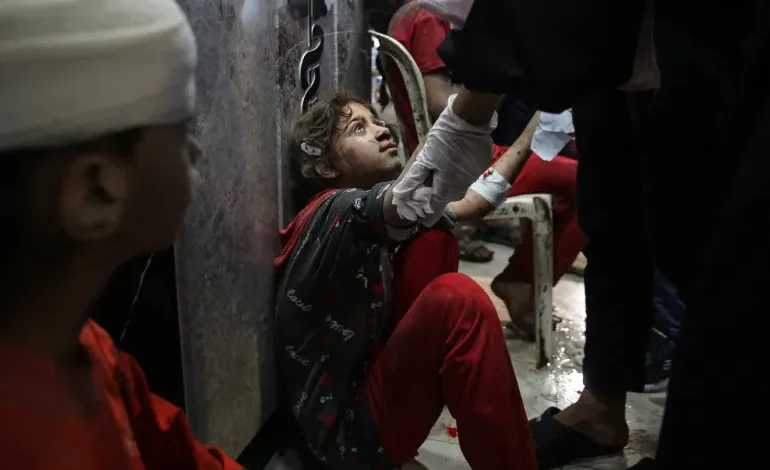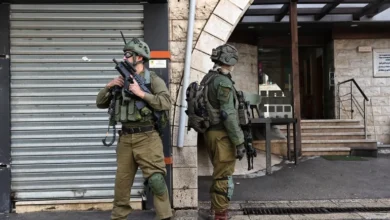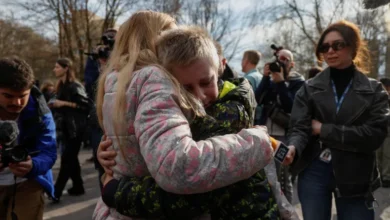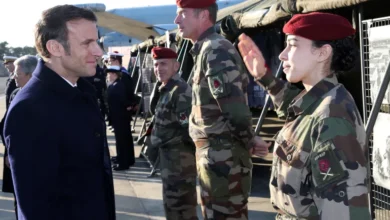Does Israel have the right to self-defence in Gaza?

Israel has stormed Gaza’s largest hospital and bombed residential areas and refugee camps in attacks the United Nations human rights chief Volker Turk says have unleashed a “nightmarish” situation in the besieged Palestinian enclave.
There are growing calls for a ceasefire as the humanitarian situation worsens with risks of starvation facing thousands due to the Israeli blockade of the territory – home to 2.3 million people.Israel and its allies, meanwhile, have insisted the bombings are justified because it has the right to self-defence in response to the October 7 Hamas attacks that killed 1,200 people and injured more than 5,600 in southern Israel.
What is the right to self-defence?
According to Article 51 of the UN Charter, until the UN Security Council takes measures to maintain international peace and security, “nothing in the charter shall impair the inherent right of individual or collective self-defence if an armed attack occurs against a member of the United Nations.”
Ever since Israel embarked on the bombardment of the Gaza Strip, its officials and its Western allies – from the United States and United Kingdom to the European Union – have defended Israeli actions by pointing to Article 51.
Does it apply to Israel against Gaza?
Many experts aren’t convinced that it does apply.
“The right to self-defence can be invoked when the state is threatened by another state, which is not the case,” Francesca Albanese, UN special rapporteur on human rights in the occupied Palestinian territories, said in an address to the Australian Press Club on Tuesday.
Israel withdrew its forces from Gaza in 2005, but it has imposed a land, sea and air blockade on the enclave since Hamas came to power in 2007.
That, according to Albanese, amounts to occupation – although Israel and its allies disagree with that assessment.
“Israel does not claim it has been threatened by another state. It has been threatened by an armed group within an occupied territory. It cannot claim the right of self-defence against a threat that emanates from a territory it occupies, from a territory kept under belligerent occupation,” Albanese said.
Albanese was referring to a 2004 advisory opinion by the International Court of Justice (ICJ), which said the construction of Israel’s separation wall in the occupied West Bank was illegal. The ICJ rejected the Israeli argument to build the wall, saying it could not invoke the right to self-defence in an occupied territory.
What rules govern Israel’s war on the Gaza Strip?
Armed conflicts are governed by international humanitarian law (IHL), a set of rules contained in international agreements like the Fourth Geneva Convention of 1949 as well as other agreements and conventions meant to ensure that all member nations subscribe to a list of fundamental rules during conflicts.
But member states do not always act by the rules, most recently during the Ukraine-Russia war. Israel has been accused of war crimes in its previous military assaults on Gaza, but it has not been held accountable.
In the current conflict, though, experts said Israel’s actions seem to violate all of the four main principles of IHL: distinction between civilians and combatants, proportionality between anticipated loss of civilian life and damage and the strategic military advantage of an attack, legitimate military purposes and the humane treatment of all individuals from civilians to detainees and hostages.
Among the dead Palestinians in the current conflict as of Thursday are 4,710 children and 3,160 women.











